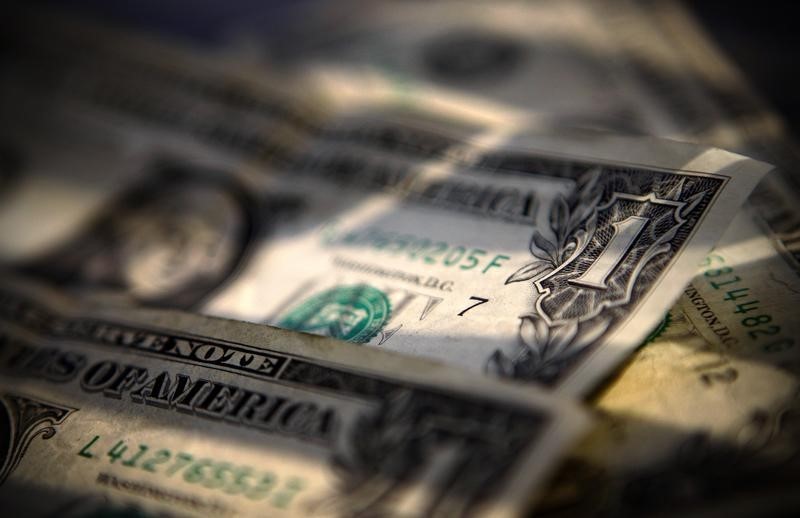Investing.com – The U.S. dollar edged higher in early European trade Thursday, recovering after overnight losses, while sterling remained near recent highs ahead of the Bank of England’s latest policy-setting meeting.
At 03:05 ET (07:05 GMT), the , which tracks the greenback against a basket of six other currencies, traded 0.4% higher at 101.640, after dropping around 0.3% the previous session.
Data released Wednesday showed eased slightly in April, pointing towards a pause in the Federal Reserve’s aggressive monetary tightening cycle.
However, dollar losses were limited as uncertainty over the U.S. debt ceiling remained, with U.S. Treasury Secretary Janet Yellen on Thursday warning about the potential global economic damage a default would trigger.
“The current situation is inevitably weighing on risk sentiment and offering support to the dollar,” said analysts at ING, in a note. “There is now growing concern that it might actually take a market sell-off (in the equity or money markets) to break the impasse.”
Elsewhere, fell 0.3% to 1.2588, falling back from Wednesday’s one-year high of 1.2679 with the set to announce its 12th straight rate hike at its policy meeting later in the session as it tackles headline inflation in double figures, the highest inflation of any big advanced economy.
“Hawkish inflation and wage data last month point to another 25 basis-point rate Bank of England rate hike,” ING added. “But the Bank’s recent emphasis on the lagged impact of past tightening suggests the bar for subsequent moves remains high.”
fell 0.3% to 1.0946, moving back to the middle of its trading range over the past month after recent gains on the back of last week’s increase of borrowing costs.
French ECB policymaker Francois Villeroy de Galhau said on Wednesday that further rate hikes would be “more marginal”, adding “it is the future impact of these past rate hikes that should for the most part allow us to reach our objective within two years.”
rose 0.1% to 134.51, after the yen posted strong gains in overnight trade after U.S. yields slumped in the wake of the U.S. consumer inflation data.
fell 0.5% to 0.6744, while rose 0.1% to 6.9376, with the yuan falling to a two-month low after weak data suggested a tepid economic recovery.
Read the full article here




